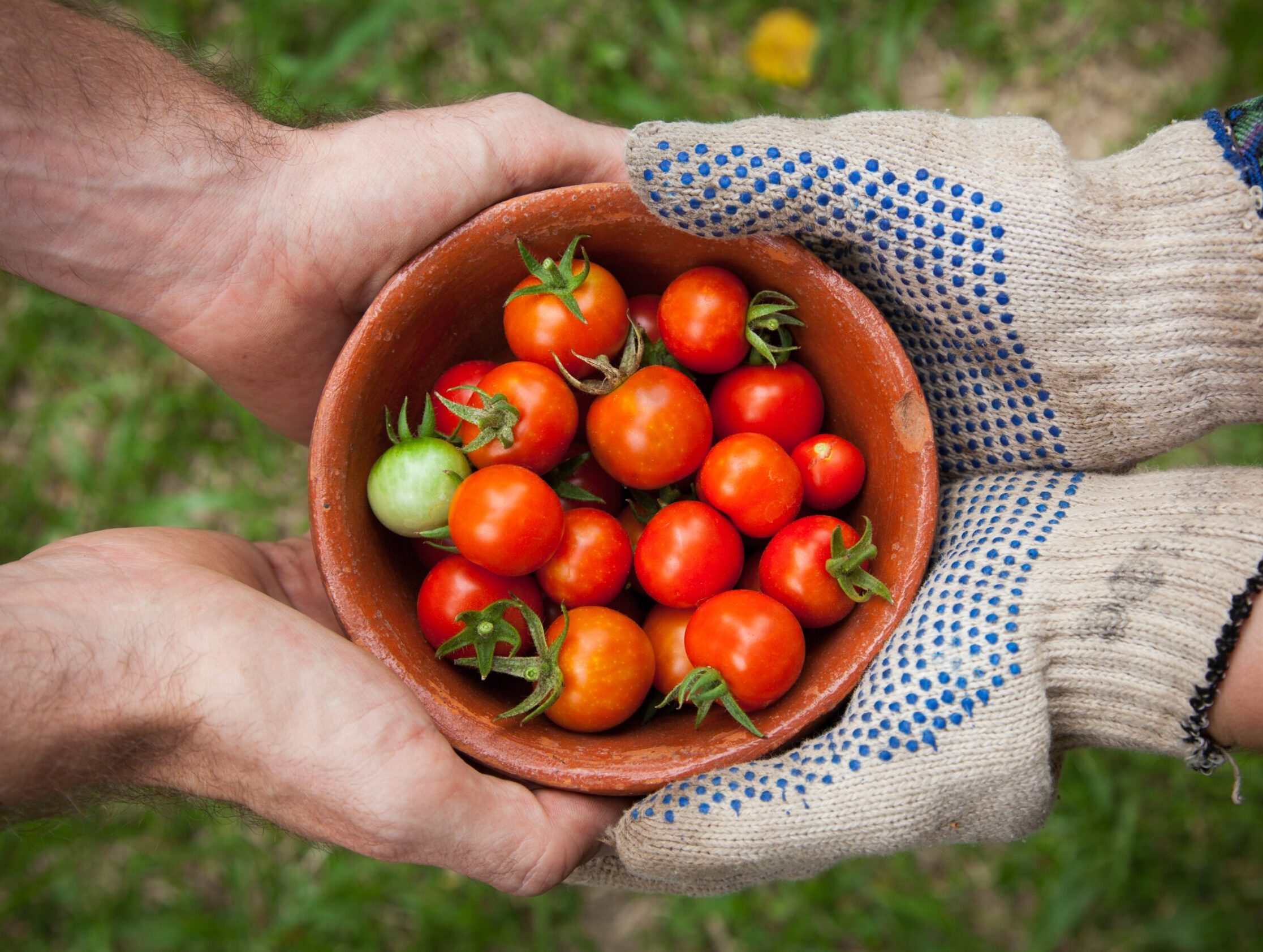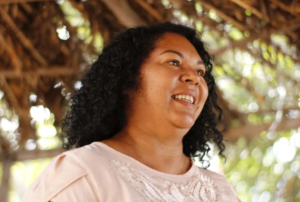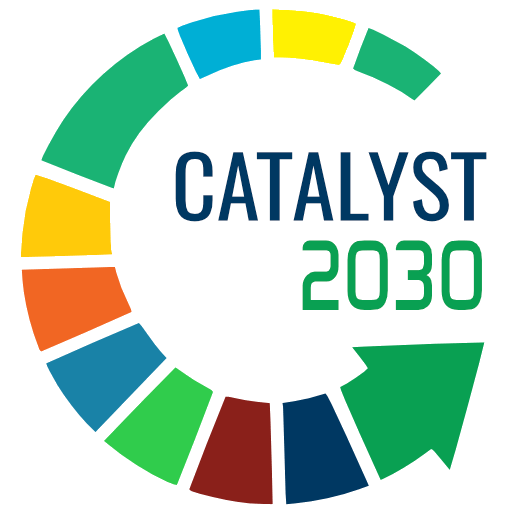
To talk about sustainable economy, today we are going to learn a little more about the reality of agro extractivism and family farming cooperatives and the challenges they have in common. To do so, we have invited spokespersons from two of them: the Ecoagroextractivist Cooperative Aroeira de Piaçabuçu (Coopearp) and the Cooperative of Family Farmers (Coopercuc), which operate in Alagoas and Bahia, respectively.
But to begin with, let’s look at the definition of a cooperative, which according to the Brazilian Micro and Small Business Support Service (Sebrae), “is a civil society, formed by at least 20 people, managed in a democratic and participative manner, with common economic and social objectives”. The members themselves, their leaders, and representatives have full responsibility for the management and supervision of the cooperative.
For Jorge Izidro, Coopearp’s technical director, “cooperativism is today a very important way of promoting and helping to conserve socio-biodiversity, especially cooperatives in agro-extractivism, agriculture for traditional communities and family structures”.
A Brazilian panorama
Also according to Sebrae, there are approximately 4,900 cooperatives registered with the Organization of Cooperatives of Brazil (OCB), bringing together more than 17 million members and 455,000 employees. In the agricultural cooperative sector alone, turnover is around R$239 billion/year, or around 26.6% of the Gross Domestic Product (GDP).
 As non-profit organizations, cooperatives operate differently from traditional companies thanks to their economic status. The aim is to offer services and products to their members with more advantages than they could find on the market.
As non-profit organizations, cooperatives operate differently from traditional companies thanks to their economic status. The aim is to offer services and products to their members with more advantages than they could find on the market.
Even so, the challenges are many. “The issue of marketing is one of the major obstacles for any business, and especially for Cooperarp, which works with socio-biodiversity products. These are differentiated products that preserve the environment and traditional communities, and we really need to have the working capital to carry out this trade so that the cooperative can be competitive and the resources can reach their true base,” says Jorge.
Tools for a sustainable economy
The cooperative of which Jorge is a member operates with sustainable agroextractivism and ecological tourism and was founded two years ago through the Aroeira Association, with the aim of marketing and supporting products from the region at the mouth of the São Francisco River. In 2022, Raízes Sustainable Development contributed to the group through the Sociobiodiversity Business Acceleration Project, which focuses on the sustainable economy in the Cerrado and the Atlantic Forest.
It was an initiative of the United Nations Development Programme (UNDP Brazil), with the support of the humanize Institute and our executive partnership, which selected 30 businesses to receive mentoring collective, individual, and specific advice.
Jorge shares that as a result of the process, the cooperative has managed to forge new partnerships and is undergoing a forestry business acceleration process by WRI Brasil, thus strengthening the production of seedlings, reforestation, and, consequently, the manufacture of products.
“I hope that the UNDP, through you, will finance new accelerations, new training. And that these trainings provide working capital for us to run the cooperative business.”, he concludes.
How can I contribute to a sustainable economy?
For Jussara Dantas, the challenge is in areas such as resources for working capital and financing, and infrastructure. With a degree in Geography from the State University of Bahia (UFBA), she is one of the founding members and project manager of Coopercuc, which is dedicated to sustainable agriculture and the processing of native Caatinga fruits, such as umbu and passion fruit, as well as other fruits grown in the region. The cooperative is 70% run by women and relies on their knowledge, which is passed down from generation to generation.
 The business has expanded through public policies and investments. What used to be regional in the Bahia caatinga has traveled the world, reaching France, Italy, and Austria. Today Coopercuc works with jams, juices and pulps, sweets, and jams, as well as beers, cachaças, and liqueurs, among many other products for the national and international markets.
The business has expanded through public policies and investments. What used to be regional in the Bahia caatinga has traveled the world, reaching France, Italy, and Austria. Today Coopercuc works with jams, juices and pulps, sweets, and jams, as well as beers, cachaças, and liqueurs, among many other products for the national and international markets.
And individuals as well as companies can contribute to a sustainable and fairer economy by making it possible for Jorge and Jussara’s collective businesses to continue to exist and succeed. What’s more, it’s possible to make a profit from them. Did you know that?
Sitawi’s Collective Lending Platform
Coopercuc, for example, is one of the beneficiaries of the Collective Lending Platform, the brainchild of Sitawi, a pioneer in investments for positive impact. Created in 2019, the tool has come to democratize impact investing in Brazil, offering individuals the possibility of investing in organizations and fostering positive socio-environmental impact.
“The Collective Lending Platform initiative is of great importance to Coopercuc, as it can provide a more accessible, transparent, and agile source of financing than other traditional lending options. It can also help to create an engaged community around the cooperative and its activities.
Investments can be directed towards various purposes within the cooperative, including acquiring equipment, improving infrastructure, increasing production and diversifying products, developing sustainable technologies, expanding the market, and training members and employees. It all depends on the needs and priorities”, explains Jussara.
It’s easy to simulate the value of the investment and get an estimate of the annual return. This is one of the ways to make your money promote a sustainable and fairer economy, as well as getting a financial return.
To take part, all you need to do is:
1 – Register on the platform. Choose the business and amount you want to invest and make your pre-booking.
2 – Then just wait for your account to be approved and for the investment reservation to be confirmed.
3 – After confirmation, load your wallet so that the money is available for your investment.
4 – That’s it! Now all you have to do is wait for the monthly financial return while contributing to the cause you want.
Amazing, isn’t it?
If you are touched by the struggle of these women and are interested in the possible return on investment, click on the link and hurry to contribute, as the investment opportunities expire soon, on September 30th.


